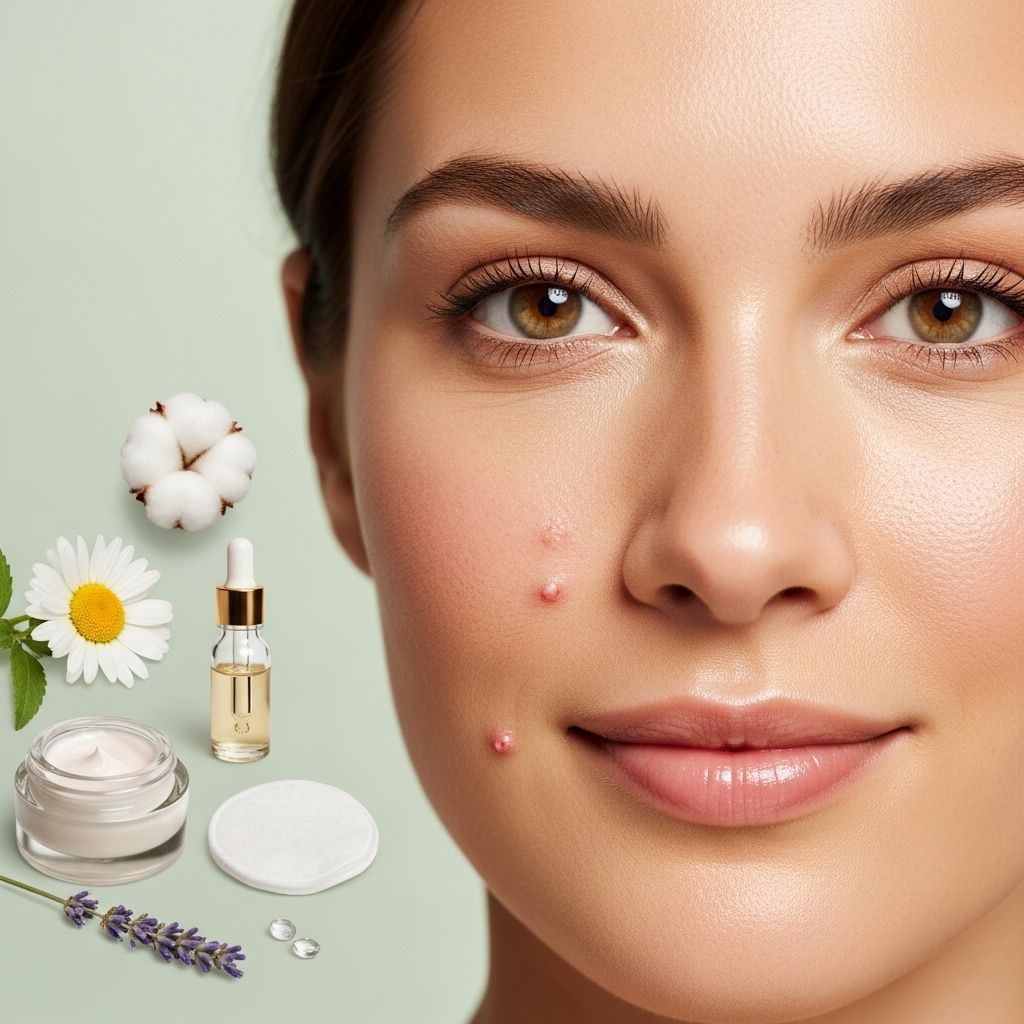Post-Partum Hormones: Impact on Skin Barrier in New Mothers
Custom routines bring relief to delicate complexions after giving birth.

Introduction to Post-Partum Hormonal Changes
For many new mothers, the postpartum period is marked by significant physical and emotional changes. One of the lesser-discussed but equally important aspects is how hormonal fluctuations affect the skin barrier. During pregnancy, hormonal shifts lead to a variety of skin changes, including increased glow and oil production. However, after giving birth, these hormones drop dramatically, resulting in a range of skin issues. Understanding these changes is crucial for managing them effectively.
The Impact of Hormonal Fluctuations
During pregnancy, the body experiences a surge in estrogen and progesterone levels, which contribute to the often-observed “pregnancy glow.” These hormones enhance skin hydration and thickness by boosting the production of hyaluronic acid, collagen, and elastin. However, postpartum, the rapid decline in estrogen and progesterone can lead to:
- Dry Skin and Sensitivity: The drop in estrogen reduces the production of natural moisturizers, leading to dry, itchy, and more sensitive skin.
- Acne Flare-Ups: Hormonal changes can trigger acne, similar to those experienced during pregnancy.
- Melasma: This condition, characterized by patches of discoloration, can persist or worsen postpartum due to hormonal shifts.
- Stretch Marks and Skin Elasticity: The skin’s need to revert to its pre-pregnancy state can result in noticeable stretch marks and decreased elasticity.
Managing Postpartum Skin Issues
Given the impact of hormonal changes on the skin, managing these issues requires a tailored approach. Here are some strategies new mothers can use:
Skincare Routine
- Moisturize Regularly: Use gentle, hydrating products to combat dryness and sensitivity.
- Protect Against the Sun: Sun exposure can exacerbate melasma and other skin issues, so use a broad-spectrum sunscreen daily.
- Acne Treatment: For acne flare-ups, consider using non-comedogenic products and consulting a dermatologist for severe cases.
Lifestyle Changes
- Stay Hydrated: Drinking enough water helps maintain skin hydration from the inside out.
- Manage Stress: High stress levels can exacerbate skin issues; consider stress-reducing techniques like meditation or yoga.
- Get Enough Sleep: Adequate rest is crucial for skin health and overall well-being.
Frequently Asked Questions (FAQs)
Q: How long do postpartum hormonal changes last?
A: Hormonal balances typically begin to normalize within a few months postpartum, but individual recovery times can vary.
Q: Are there any treatments for melasma?
A: Yes, treatments include topical creams, chemical peels, and sun protection. Consult a dermatologist for personalized advice.
Q: Can breastfeeding affect postpartum skin issues?
A: Breastfeeding can influence hormonal levels, but its specific impact on skin varies from person to person. Generally, it helps stabilize hormone levels, which might reduce some skin issues.
Conclusion
Understanding the impact of postpartum hormonal changes on the skin barrier is key to managing related issues effectively. By adopting a gentle skincare routine, maintaining a healthy lifestyle, and being aware of potential treatments for specific skin conditions, new mothers can navigate these changes with confidence.
References
- https://drtanya.com.au/blogs/the-edit/postpartum-skincare-advice-from-a-doctor
- https://www.dermatologytimes.com/view/managing-postpregnancy-hormonal-skin-issues-in-breastfeeding-women
- https://skinandcancerinstitute.com/how-hormones-affect-your-skin/
- https://pmc.ncbi.nlm.nih.gov/articles/PMC12240566/
- https://www.marieveronique.com/blogs/science-research/skin-during-pregnancy-and-postpartum-what-s-going-on
- https://www.puremama.com/blogs/truths/managing-common-pregnancy-postpartum-skin-issues
- https://www.gidgetfoundation.org.au/gidget-blog/getting-ahead-of-postpartum-hives-and-hormonal-imbalances
- https://www.frontierspartnerships.org/journals/acta-biochimica-polonica/articles/10.3389/abp.2025.14241/full
- https://www.equinox.com/articles/2025/03/your-postpartum-skin-playbook
Read full bio of medha deb












